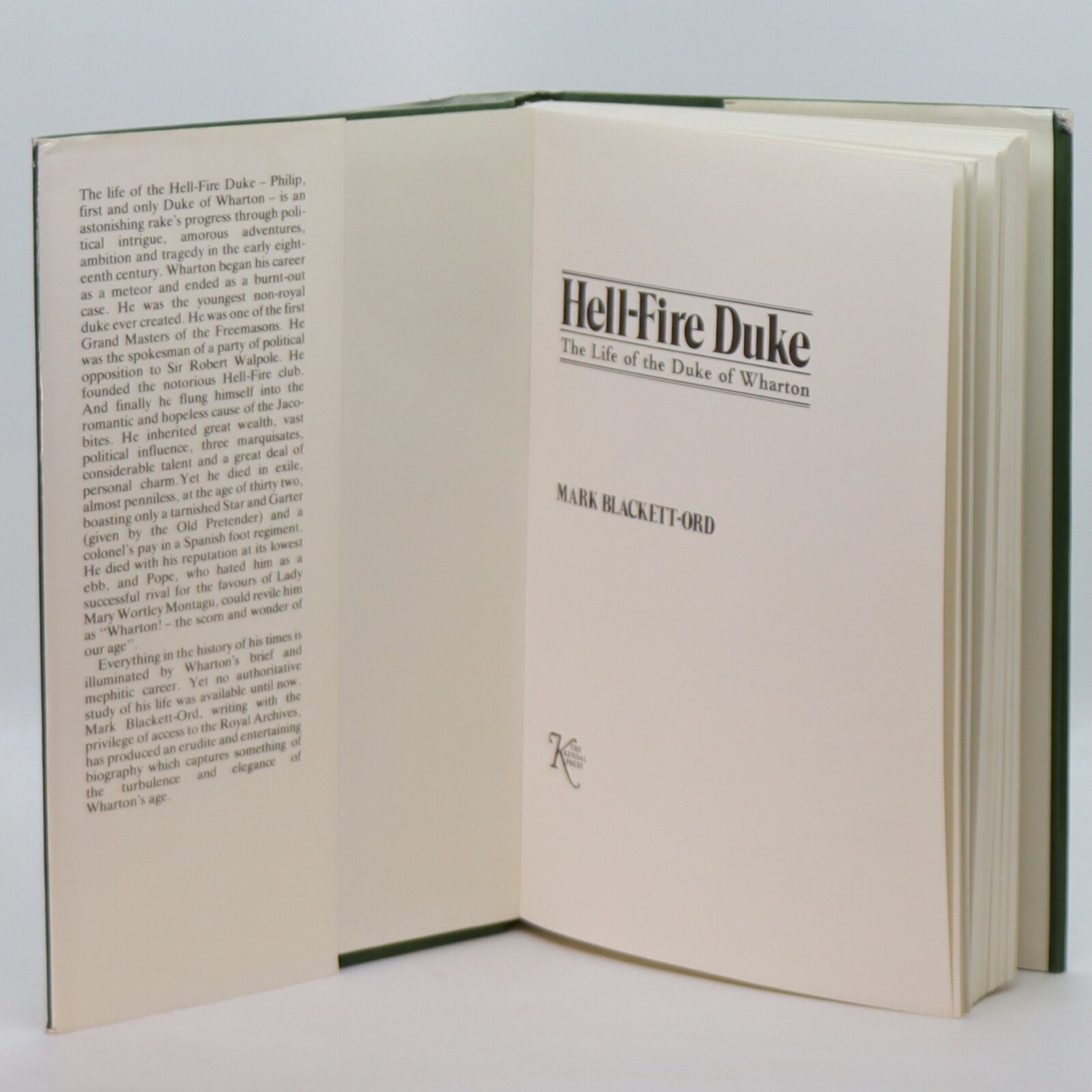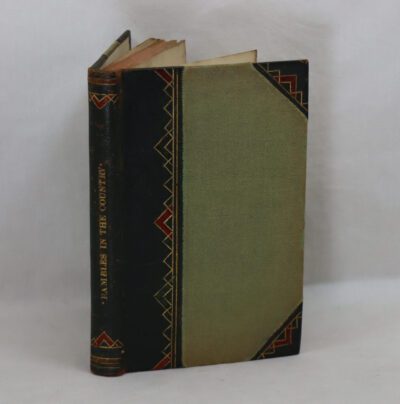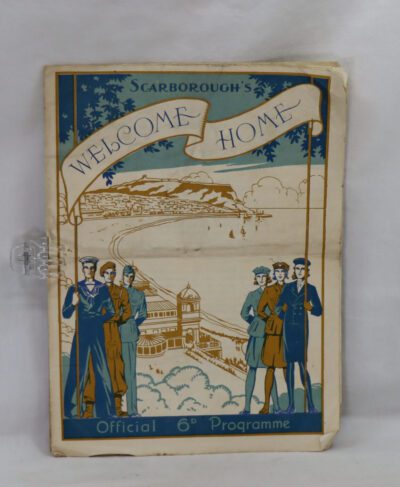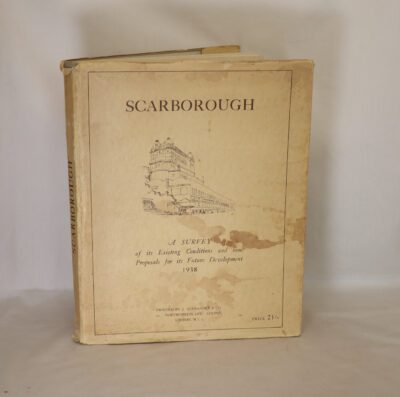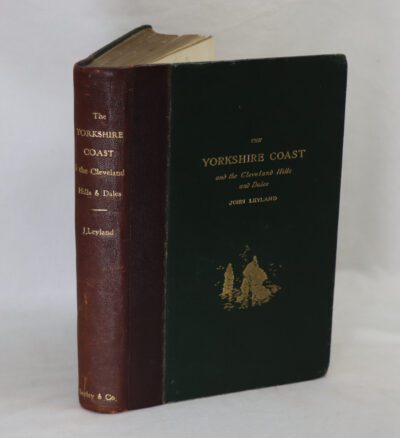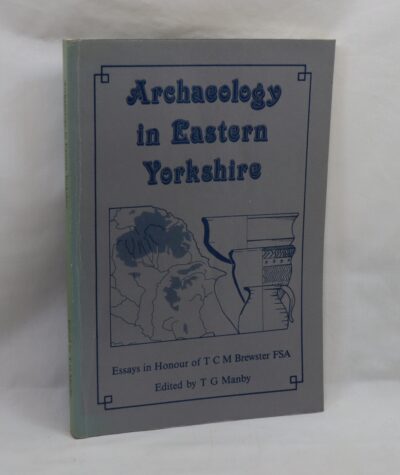Hell-Fire Duke.
By Mark Blackett-Ord
ISBN: 9780946041022
Printed: 1982
Publisher: The Kensal Press. Winsor Forest.
Edition: First edition
| Dimensions | 17 × 24 × 3 cm |
|---|---|
| Language |
Language: English
Size (cminches): 17 x 24 x 3
Condition: Fine (See explanation of ratings)
Your items
Item information
Description
In the original dustsheet. Green cloth binding with gilt title on the spine.
F.B.A. provides an in-depth photographic presentation of this item to stimulate your feel and touch. More traditional book descriptions are immediately available.
Philip Wharton, 1st Duke of Wharton (21 December 1698 – 31 May 1731) was a powerful Jacobite politician, was one of the few people in English history, and the first since the 15th century, to have been raised to a dukedom whilst still a minor and not closely related to the monarch. Even before his losses in the South Sea Bubble stock market crash of 1720, Wharton incurred heavy debts. He was so indebted that he sold his Irish estates and used that money to invest in South Sea Company stock. When the bubble burst, he lost the staggering sum of £120,000 ($26,200,000 USD | 2020) (in an era when a middle-class salary in London might be £200 a year). In response, he hired musicians and a hearse and held a public funeral for the South Sea Company.
Wharton began to borrow money from Jacobite bankers and accumulated more debts. In 1719 Wharton is credited with founding the original Hellfire Club (not related to Dashwood’s Hell-fire Club), which primarily performed parodies of religious rites. He became Grand Master of the Premier Grand Lodge of England in 1723, and was active in the House of Lords in opposition to Robert Walpole. In 1723, he wrote and spoke in favour of the exoneration of Francis Atterbury, the accused Jacobite bishop, although Atterbury’s Jacobitism was superficial. He published The True Briton as a periodical to oppose the rise of Walpole. He was in favour of the Pretender not for religious or nationalist reasons but, he explained, because he was a true Old Whig like his father, whose principles had been betrayed by Walpole and the new non-native royals.
Condition notes
Want to know more about this item?
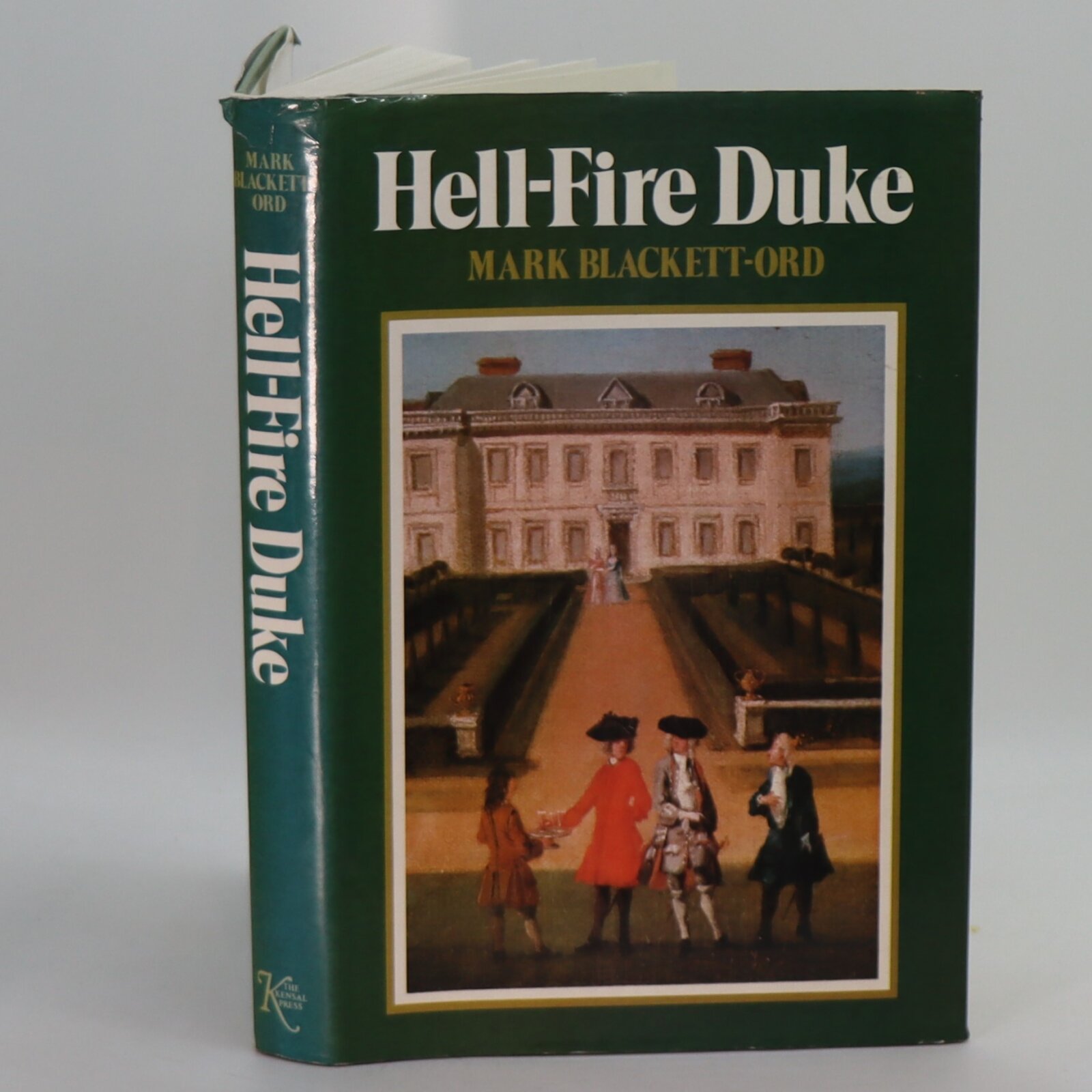
Share this Page with a friend

